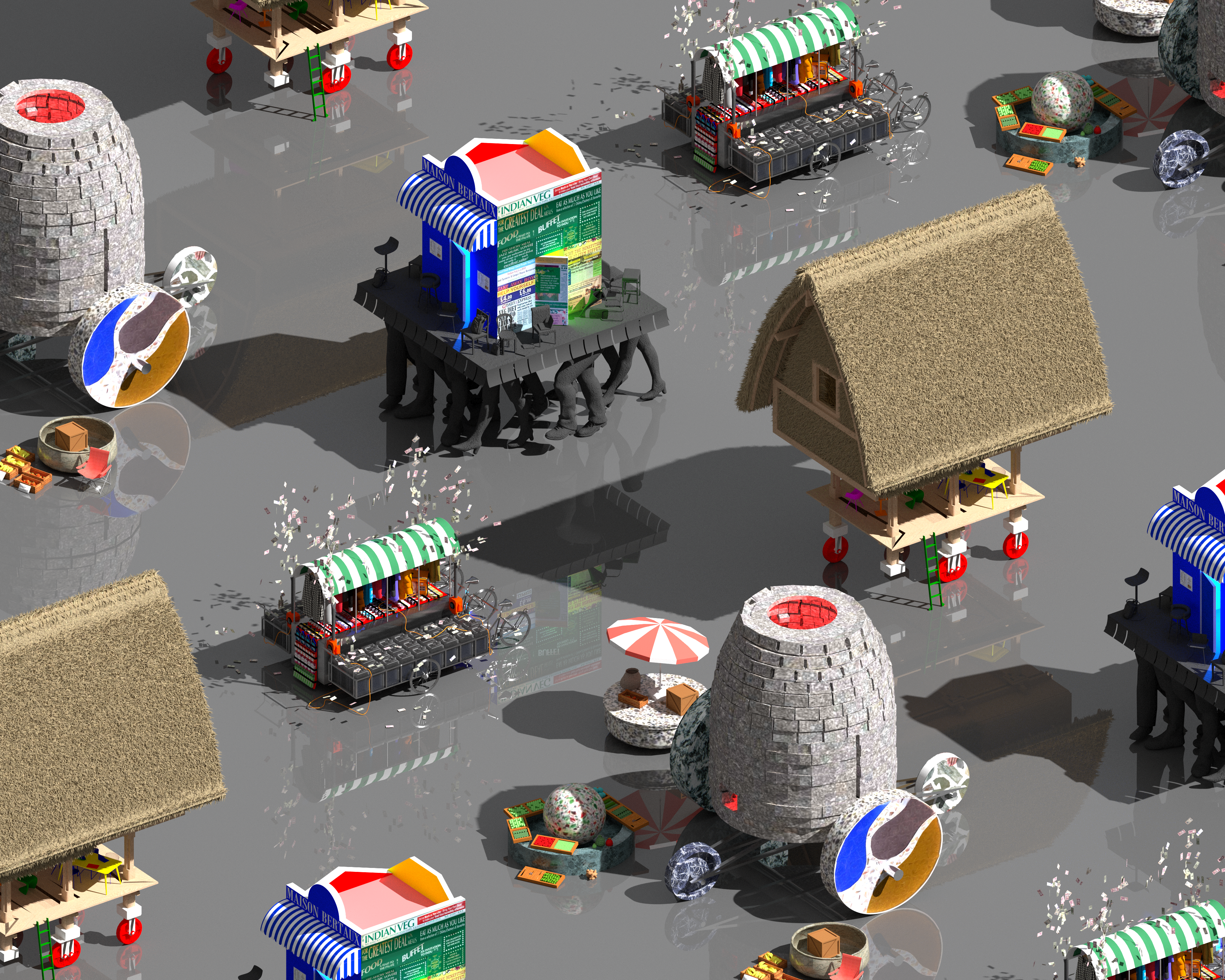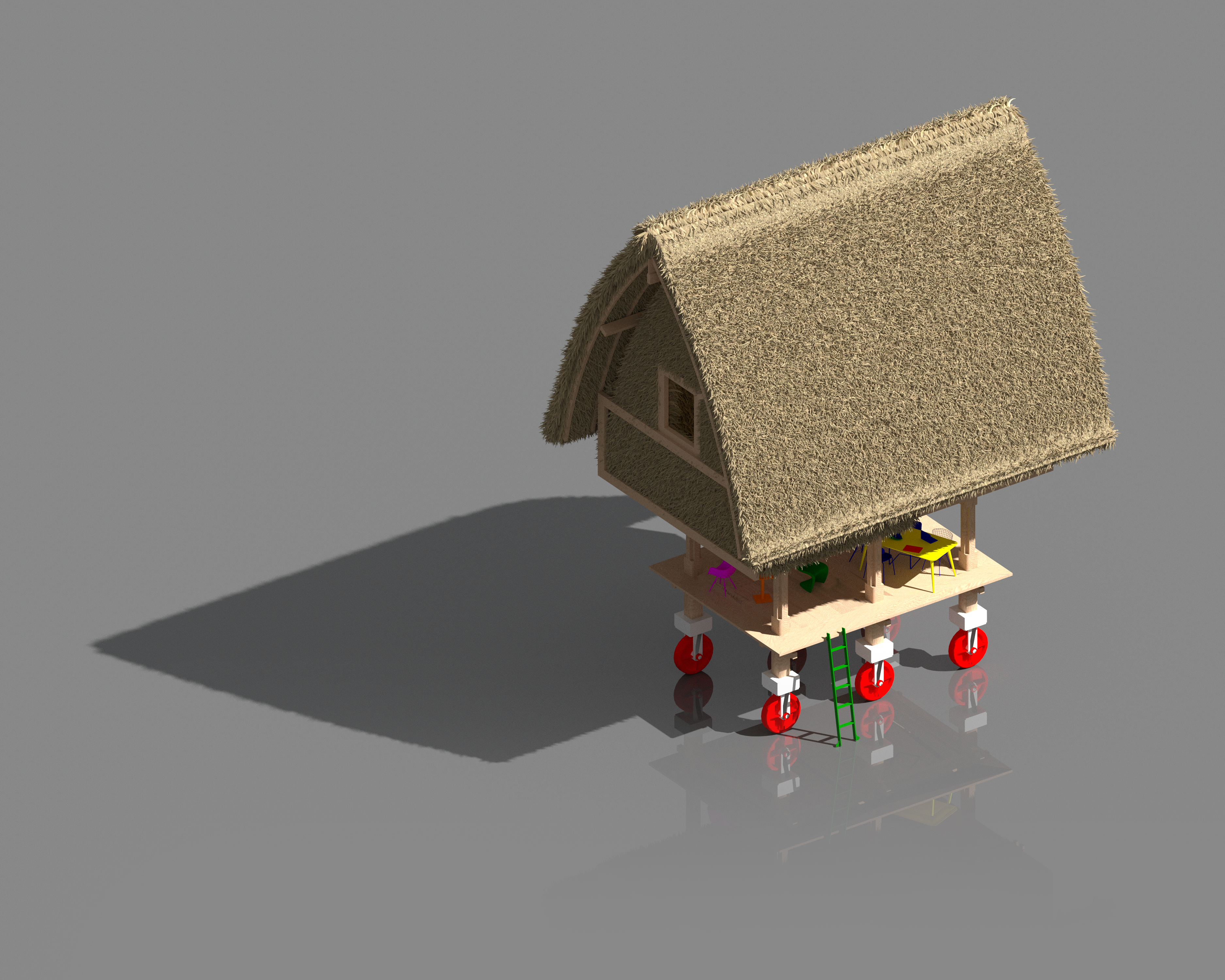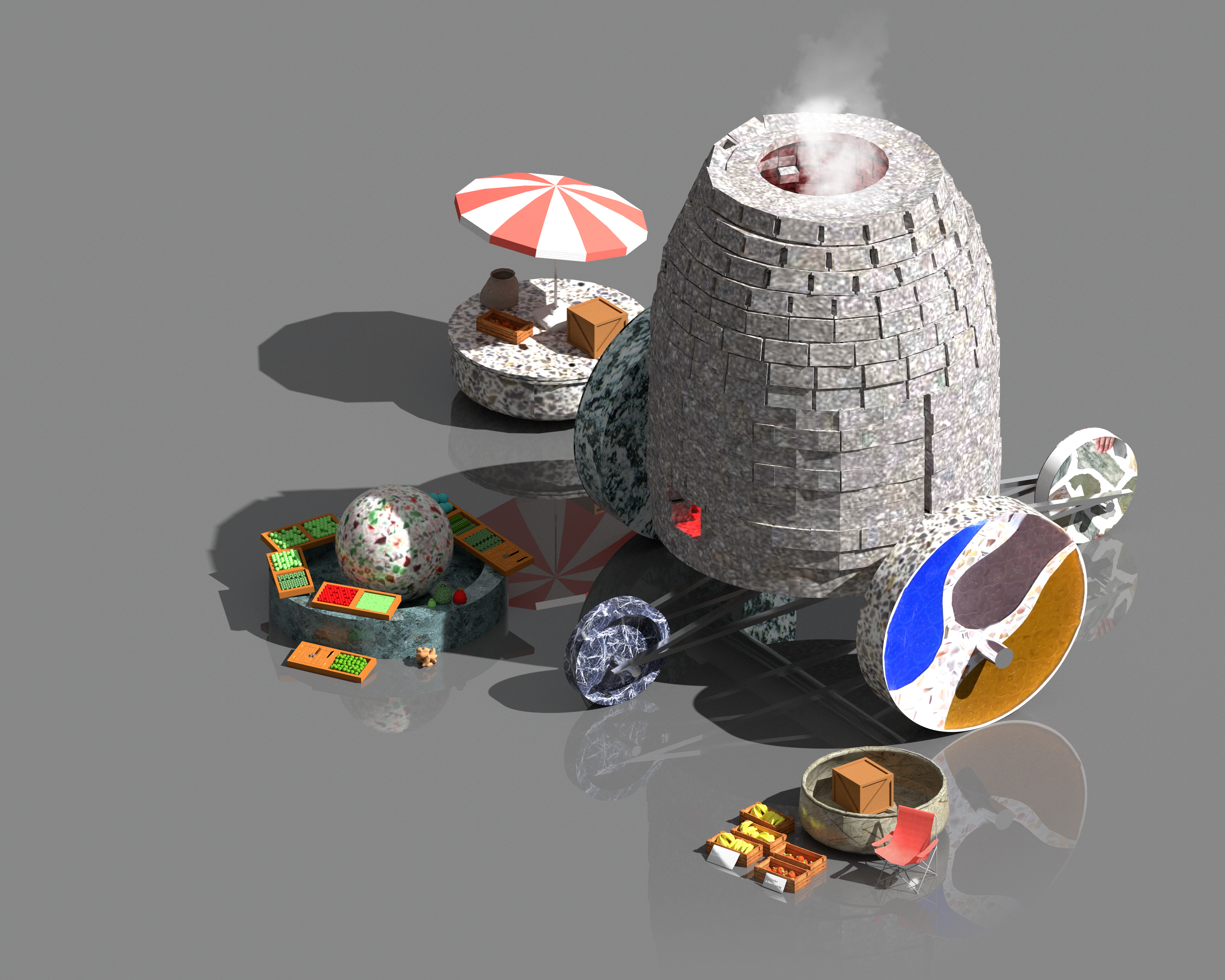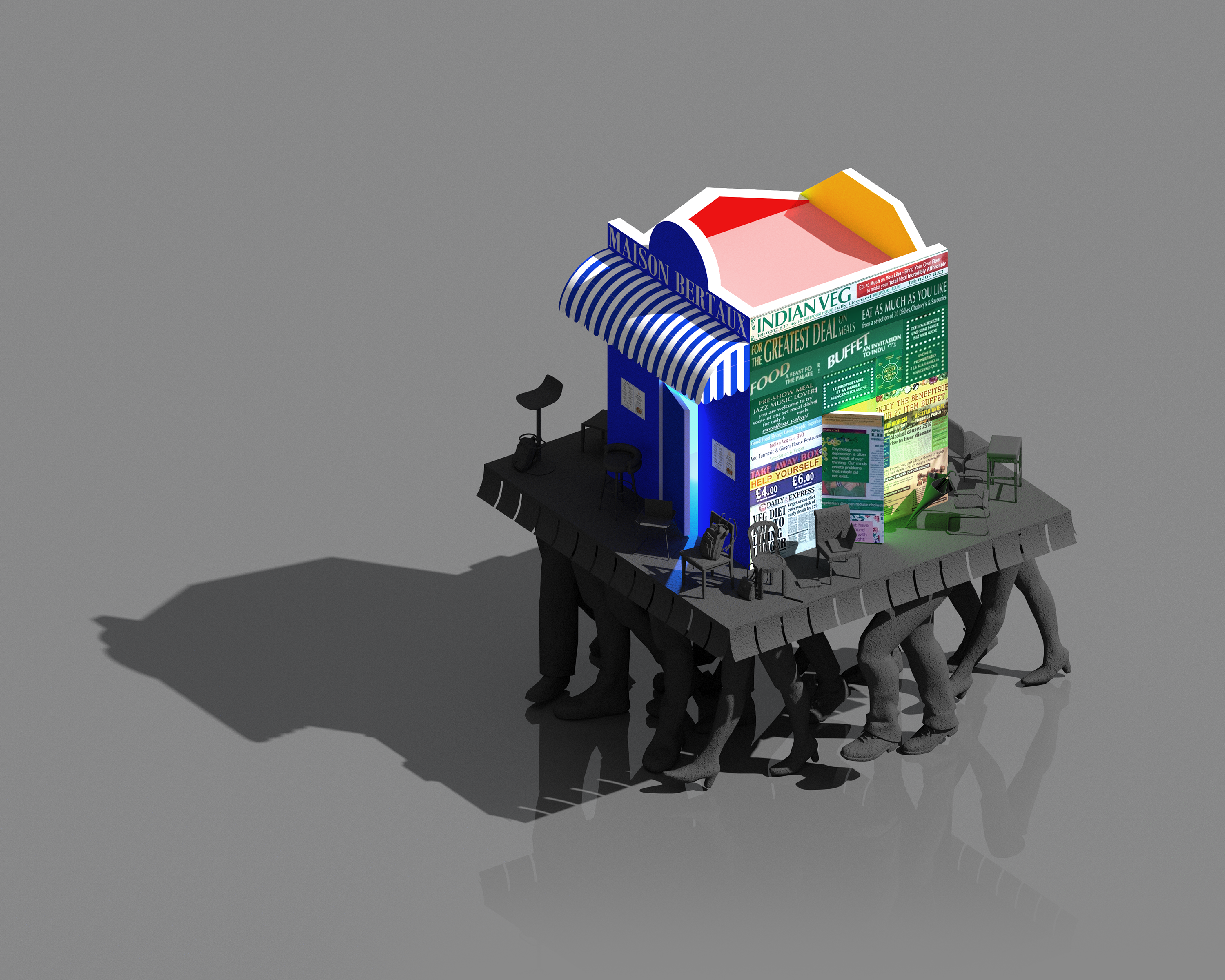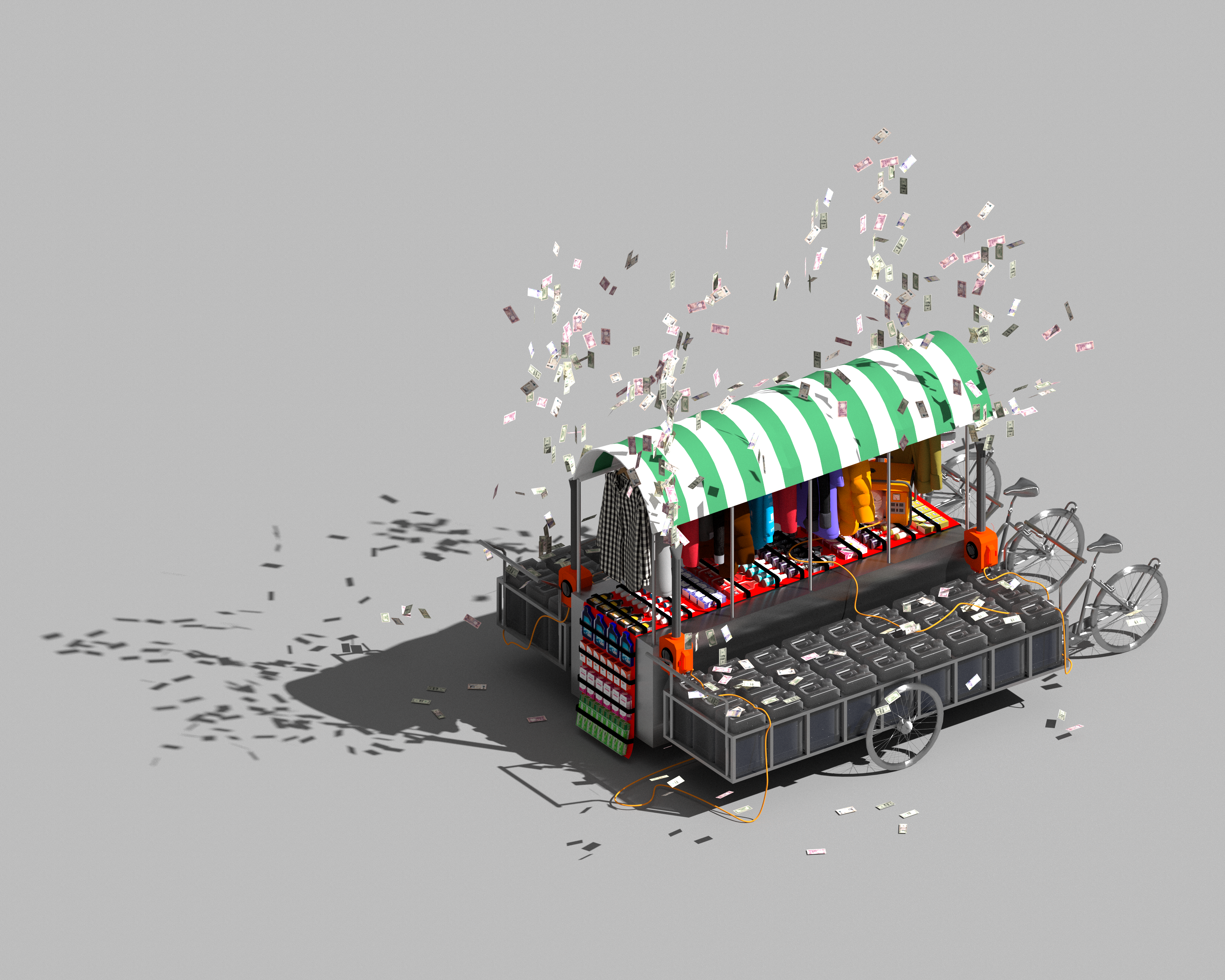In recent years the idea of decentralization has gained traction as communities seek alternatives to increasingly homogenous ways of knowing and the aggregated power systems that dictate them. As it stands, these movements have largely taken root in the digital arena, where the ideas behind decentralization have been largely siloed into reimagining new capital flows and currencies. However, decentralized design strategies have always been at the root of what makes us human — our ancestors’ own world-building practices drew from the materials and ecologies immediately available to them.
In this new series by MOLD we look at how concepts of decentralization can be applied for a more resilient future. Framed within conversations between friends and collaborators across various disciplines, these exchanges explore how decentralization might reshape our ways of knowing and making as well as our attitudes of consumption.
Chef and artist Tunde Wey kicks off the series in a conversation with Lagos-based designer Nifemi Marcus-Bello on his new research project Africa – A Designer’s Utopia. London-based food writers Jonathan Nunn and Isaac Rangaswami sit down with me to talk about creating a place-based food vernacular within an increasingly sanitized food media landscape. Furniture designer Robert Sukrachand speaks with Chef Eve Palasak about forging space for context through their practices which incorporate the regional craft and cuisine of Thailand’s Isaan region. To round the series out, MOLD’s Editor-in-Chief, LinYee Yuan, and I also revisit this year’s Documenta with Farid Rakun of ruangrupa, who discusses the event’s guiding curatorial principle of lumbung— an Indonesian cooperative agricultural model—and how collectives might shape our cultural future.
The principles of decentralization are not dissimilar to those of biodiversity. Thriving, healthy ecosystems are supported by networks of interdependence between various participating species. By replacing the one with the many, decentralization complicates and interrogates our existing hierarchies and systems. Across the conversations in this series we highlight the stories of designers, chefs, writers, and artists who are taking advantage of this friction, using it as an opportunity to reimagine systems and relationships that might make a more resilient future possible.
With hope and gratitude,
Isabel
